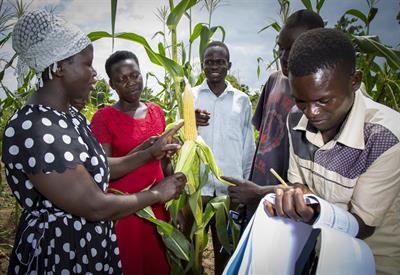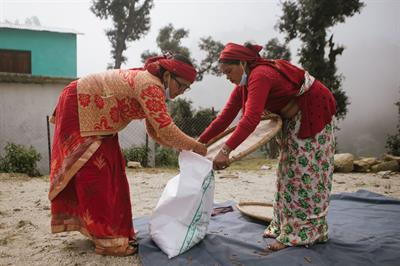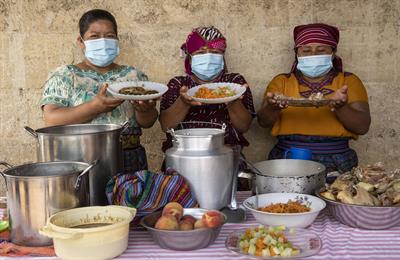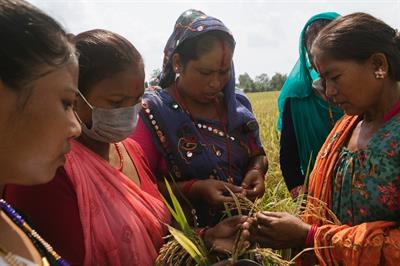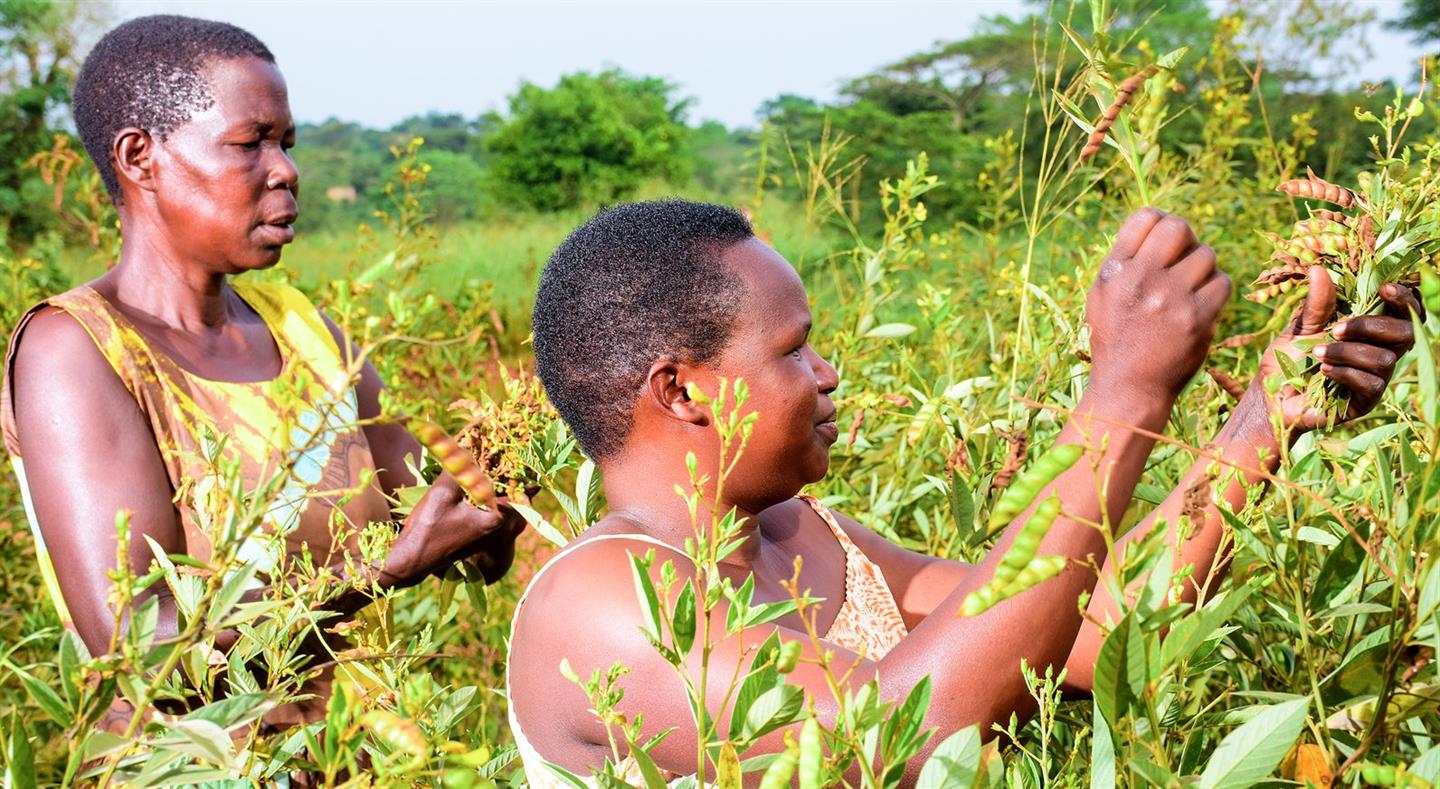
Sowing Diversity = Harvesting Security
SD=HS
Millions of smallholder farmers in developing countries produce most of the world’s food. However, they themselves are most at risk of going hungry. We see huge inequalities of power in the way food is produced and distributed, exacerbated by unequal and insecure tenure of land and the growing impact of climate change.
SD=HS is the joint effort of Oxfam Novib
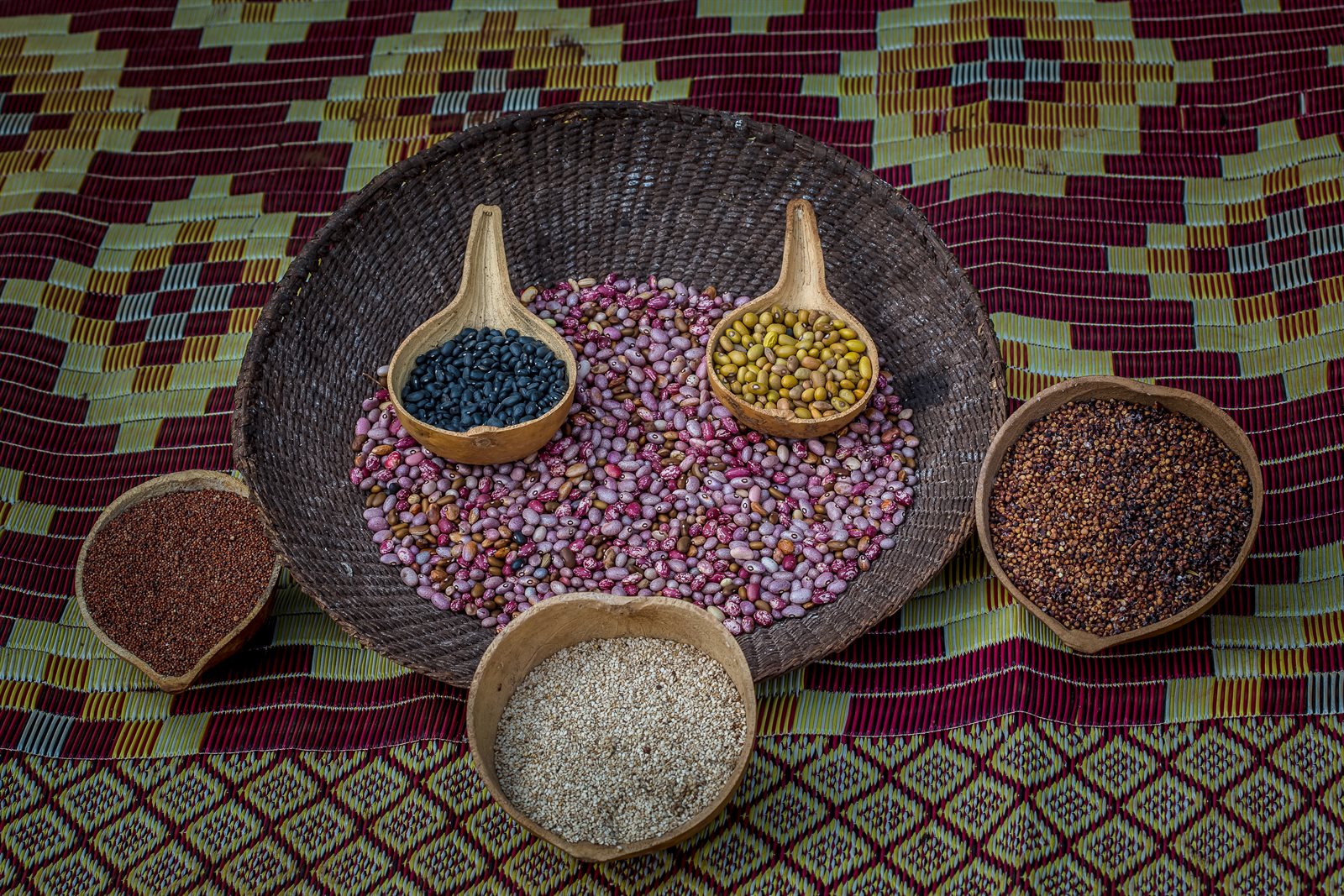
Sowing Diversity; Harvesting Security
SD=HS is the joint effort of Oxfam Novib and leading civil society organizations with a firm track record in the field of plant genetic resources to empower smallholder farmers. The program works with local communities as its basis and enters into partnerships and invests in alliances with likeminded NGOs, government institutions, academic bodies and national breeding and research institutes. And we bring together expertise in farmer-breeding, nutrition and local food plants, quality seed development, policies and legislation, local enterprise development and public-private partnerships.
The vision
Our vision is a global food system that is just and sustainable. A global food system that supports the rights of smallholder farmers – men and women, that guarantees food and nutrition security and that promotes the sustainable management of natural resources and biodiversity within the context of a changing climate.
Our mission is to support indigenous peoples and smallholder farmers – men, women and youth – for them to enjoy their Farmers’ Rights and to have the capacity to access, develop and use plant genetic resources to improve their food and nutrition security under conditions of climate change.
Countries of implementation
Countries of implementation
Uganda, Zambia, Zimbabwe, Peru, Guatemala, Nepal, Laos and China
Annual report
Find all of our annual reports on our website.
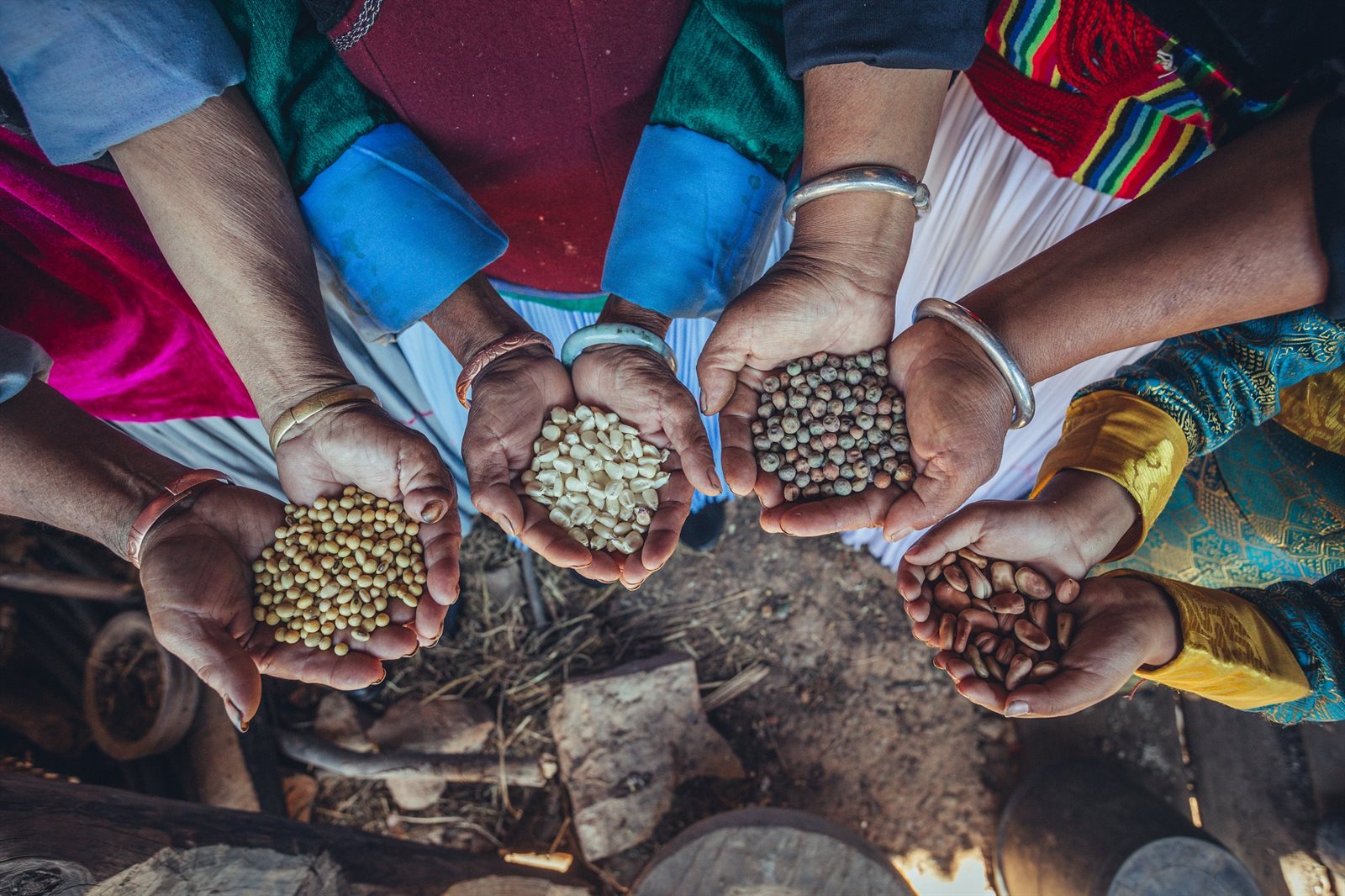
Partners and donor
The SD=HS program is built and executed by a wide range of partner organizations. Together we work towards a global food system that is just and sustainable. Our main donor is the Swedish government through its aid agency Sida. In addition, we receive funds from smaller funders like Hans Geveling, Books4Life, Kihle fund.
We work with institutional partners across eight countries in coordination with the Oxfam office in each as well as leading organizations, including FOVIDA, ASOCUCH, PELUM association, ESAFF Uganda, CTDT Zambia, ZAAB, CTDT Zimbabwe, LI-BIRD, Lao Farmer Network, Department of Agriculture Lao PDR, NAFRI, Farmers’ Seed Network China.
Objectives
We support indigenous peoples and smallholder farmers on four pathways:
Vice Versa article
Communities in Uganda's West Nile sub-region are taking innovative approaches to ensure food and nutrition security. Through initiatives like farmer field school (FFS), community seed banks, kitchen gardens, and cooking demonstration classes, they are rediscovering and utilizing Local Food Plants (LFPs) to improve their diets and economic stability. These efforts not only address food security but also promote sustainable agriculture, empower women, and build bridges between host and refugee communities, contributing to lasting peace and harmony. Additionally, the story emphasizes the importance of knowledge sharing, participatory research, and policy changes to create a more resilient and just food system in the face of challenges like climate change and limited access to quality seeds.
The community-led initiatives were featured in Vice Versa Global, with the goal of sharing local knowledge, raising awareness, and imparting skills related to food security and climate-resilient agriculture to a broader audience. The full version is available here.
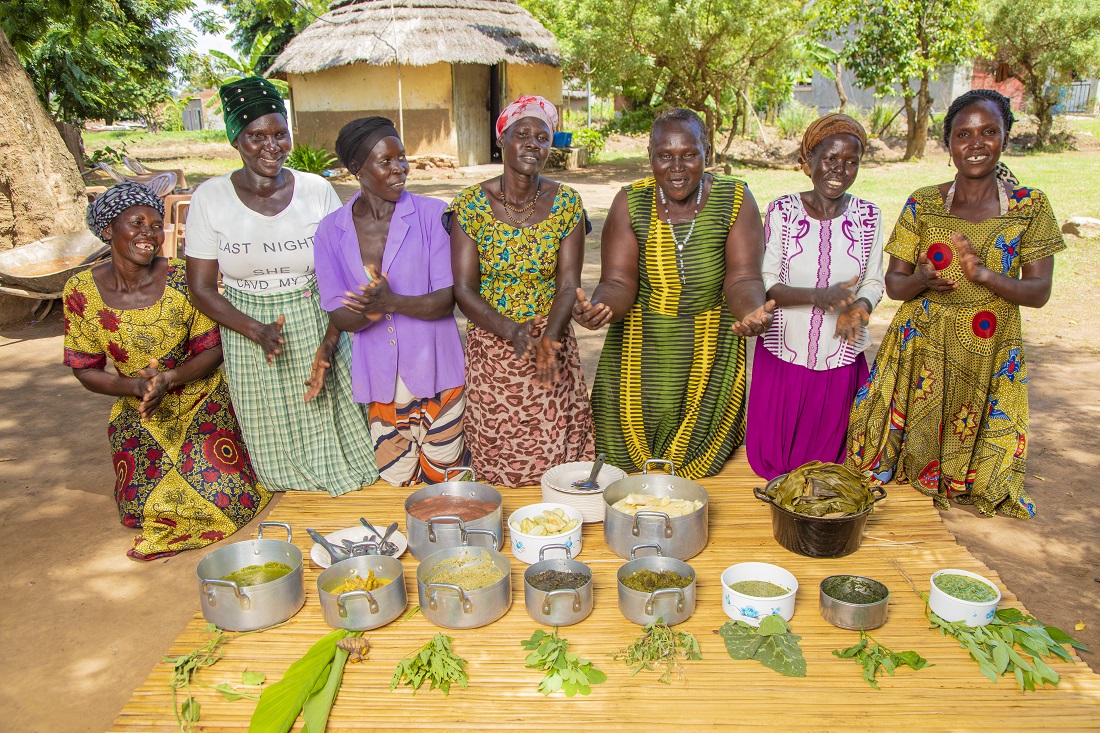
Read our 2022/2023 annual report
Contact
Catalina von Hildebrand, communication responsible: Catalina.vonhildebrand@oxfamnovib.nl


